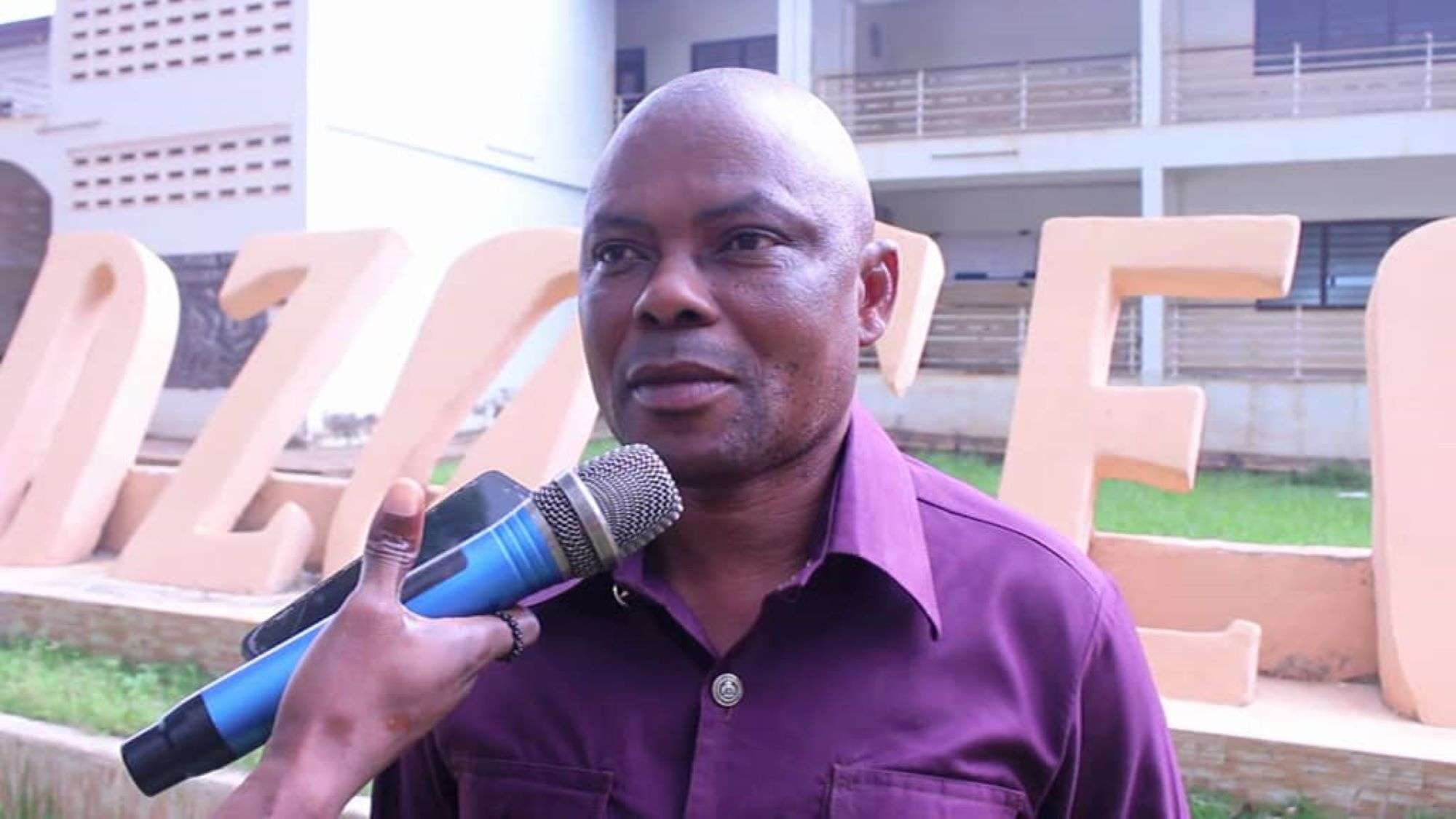The Institute of Economic Affairs (IEA) has urged government not to seek assistance from the International Monetary Fund (IMF) to address the fast deteriorating economic conditions.
Government, the public policy institute said, should rather adopt some of the key measures that the IMF prescribes for countries seeking its assistance.
It outlined four measures if government pursues will help build the needed policy credibility, restore the economy and some sanity thereby making going to the IMF unnecessary.
In a statement, Director of Research at the Institute, Dr. J. K. Kwakye, outlined the following measures to the government as a panacea for addressing the economic challenges:
“1. Work to resolve the current budget stalemate in Parliament over the e-levy as a matter of urgency and split the proposed rate of 1.75% between telcos (1.0%) and consumers (0.75%). We believe this is a compromise that both the majority and minority can accept.
“2. Take additional measures to scale up revenue, which is below par. These should include the following:
-Pass the Tax Exemptions Bill to reduce the scope and scale of exemptions to enforce tax compliance, especially by professionals.
-Introduce segregated corporate tax ranging from the current level of 25% for indigenous companies to 35% for foreign companies.
-Introduce a temporary ‘windfall tax’ of 10% on ‘excess profits’ of mining companies, oil companies, telcos and banks.
-Abolish the current import benchmark discount of 30% for general goods and 10% for vehicles.
3. Take urgent measures to reduce expenditure, whose level and composition remain problematic. The measures, the statement added, should include restructuring of ministries to reduce the number from 30 to 20; reduce the number of Ministers from 86 to 56 (including 16 Regional Ministers)
-Slash executive pay by 20%.
-Enforce the announced 20% reduction of MDA’s budgets to introduce a government-parent cost-sharing arrangement for the Free Senior High School Policy.
-Abolish the purchase of past examination questions for students and to Scrap NABCO
-Freeze allowances for nursing and teacher trainees. -Impose a temporary freeze on recruitment into the public service.
“4. Reduce the 2022 fiscal deficit from 7.4% to 6.0% to boost the credibility of the budget and reduce concerns regarding both fiscal and debt sustainability”.
For BoG’s consideration
The IEA urged the Bank of Ghana (BoG) to increase the Policy Rate by 200 basis points from 14.5% to 16.5% to stem inflation, while also increasing the attractiveness of cedi-denominated assets to stem disinvestments from the money and capital markets and the negative effect on the cedi.
The BoG should also increase the Primary Reserve Requirement from 8% to 10% to help curb liquidity creation by banks, which could fuel both inflation and exchange rate depreciation.
Furthermore, BoG is urged to change the current foreign currency-cedi primary reserve requirement to foreign currency-foreign currency requirement to help boost foreign currency reserves at the central bank.
This, according to IEA, will also meet a long-standing demand by banks.
Foreign exchange laws
IEA has also called for the enforcement of foreign exchange laws more strictly, including relating to documentation requirements for external transfers, limits on carry-on foreign currency by travellers, documentation requirements for foreign currency purchases from forex bureau.
Additionally, the activities of unlicensed foreign currency dealers, pricing of goods and services in cedis and not in foreign currency, payment for services provided by Ghanaians in cedis and not foreign currency and elimination of money laundering through banks and forex bureau.
According to IEA, it is important government and the Bank of Ghana collectively take these measures to restore investor confidence and gain needed policy credibility.
“Failure to act accordingly will only worsen the economic crisis, with a widening of spreads on Ghana’s bonds, decreasing access to international bond markets, growing disinvestments from local financial markets and growing pressure on the cedi.
“Should the crisis continue, the government could be forced to seek the needed policy credibility from the IMF, which is expected to recommend the very measures that government might fail to initiate by itself”, the IEA added.
The Ghanaian economy has been facing serious crisis brought on, to a large extent, by Covid-19 and recent geopolitical developments.
A domestic policy credibility deficit, arising in part from the budget stalemate in Parliament over the e-levy and a rising debt level, have compounded the crisis that has led to the downgrading of Ghana by credit rating agencies.
This has restricted access to international bond markets, increased borrowing costs and fuelled disinvestments from the money and capital markets, causing a sharp depreciation in the cedi.
Rising commodity prices across the world have also fuelled domestic inflation and the fast deteriorating economic conditions have led to calls to the government to approach the IMF to obtain policy credibility and restore investor confidence.










